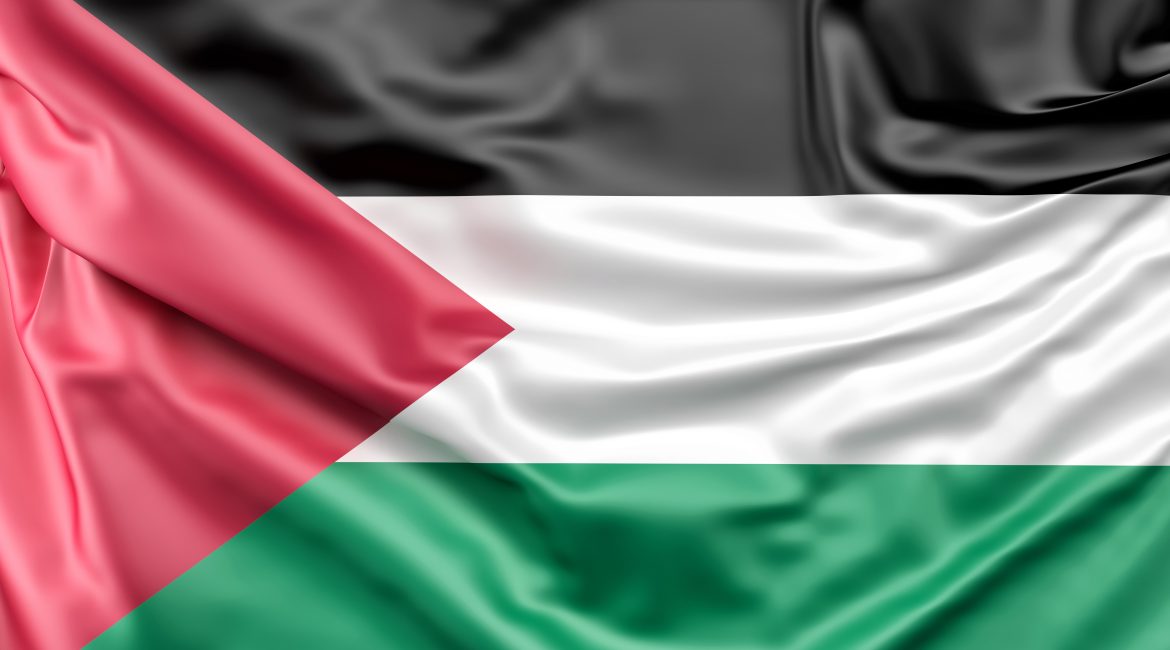The United Nations warned recently that the humanitarian situation in Gaza is "likely the worst" since the outbreak of the war between Israel and Hamas, taking into consideration the Jewish state's ban of humanitarian aid from entering the Strip.
Meanwhile, Egyptian press reports indicated that Cairo received a new Israeli proposal for a temporary ceasefire in the war-ravaged Gaza Strip.
Israel resumed its strikes and military operations in Gaza on March 18, ending a fragile truce with Hamas that had taken effect on January 19, following a devastating war that lasted more than 15 months. Efforts to resume the truce have so far been unsuccessful.
The return to hostilities has displaced hundreds of thousands of people, while the Jewish state has blocked the entry of humanitarian aid into Gaza since March 2, before the ceasefire collapsed.
The United Nations Office for the Coordination of Humanitarian Affairs (OCHA) warned in a statement that "the humanitarian situation is now likely the worst in the 18 months since the outbreak of the war," noting that it has been a month and a half since " supplies were allowed to enter Gaza through the crossings, the longest period of interruption."
After Hamas held talks with Egyptian and Qatari mediators in Cairo, a member of its political bureau confirmed that the movement was prepared to release all Israeli hostages "in exchange for a serious exchange deal, an end to the war, an Israeli withdrawal from the Gaza Strip, and the entry of aid." He accused Israel of obstructing the agreement, saying that "the problem is not the number of prisoners, but rather that the occupation is avoiding its commitments, obstructing the implementation of the ceasefire agreement."
Lately, the Cairo News Channel, which is close to the authorities, reported that Egypt had received an Israeli proposal for a temporary ceasefire with Hamas in the Gaza Strip, paving the way for negotiations leading to a permanent cessation of hostilities between the two sides.
The Israeli news agencies reported that a new ceasefire proposal had been presented to Hamas, indicating that the movement would release 10 living hostages in exchange for US guarantees regarding Israel's entry into negotiations on a second phase of the truce.
The first phase of the agreement lasted two months and included several exchanges of Israeli hostages held in Gaza and Palestinian detainees in Israeli prisons, before the agreement collapsed following disagreements over the negotiations for the second phase.
Israel sought to extend the first phase, while Hamas demanded talks on the second phase, which is supposed to lead to a permanent ceasefire and the withdrawal of the army from the Gaza Strip.
In the context, the European Union announced a new three-year financial support package for the Palestinians, worth €1.6 billion (approximately $1.8 billion).
Meanwhile, Qatari Emir Sheikh Tamim bin Hamad Al Thani and Egyptian President Abdel Fattah el-Sisi met in Doha, where they endorsed the establishment of a Palestinian state.
The war in Gaza broke out following an unprecedented attack by Hamas on Israel on October 7, 2023. The attack resulted in the deaths of 1,218 people, most of them civilians, according to a count based on official Israeli figures. Hamas militants also kidnapped 251 hostages, 58 of whom are still being held in Gaza, including 34 who the Israeli military says were killed.
The Hamas-run Ministry of Health in Gaza announced that at least 1,613 Palestinians have been killed since Israel resumed its strikes and operations in Gaza, bringing the total death toll to 50,983 since the start of the war.

